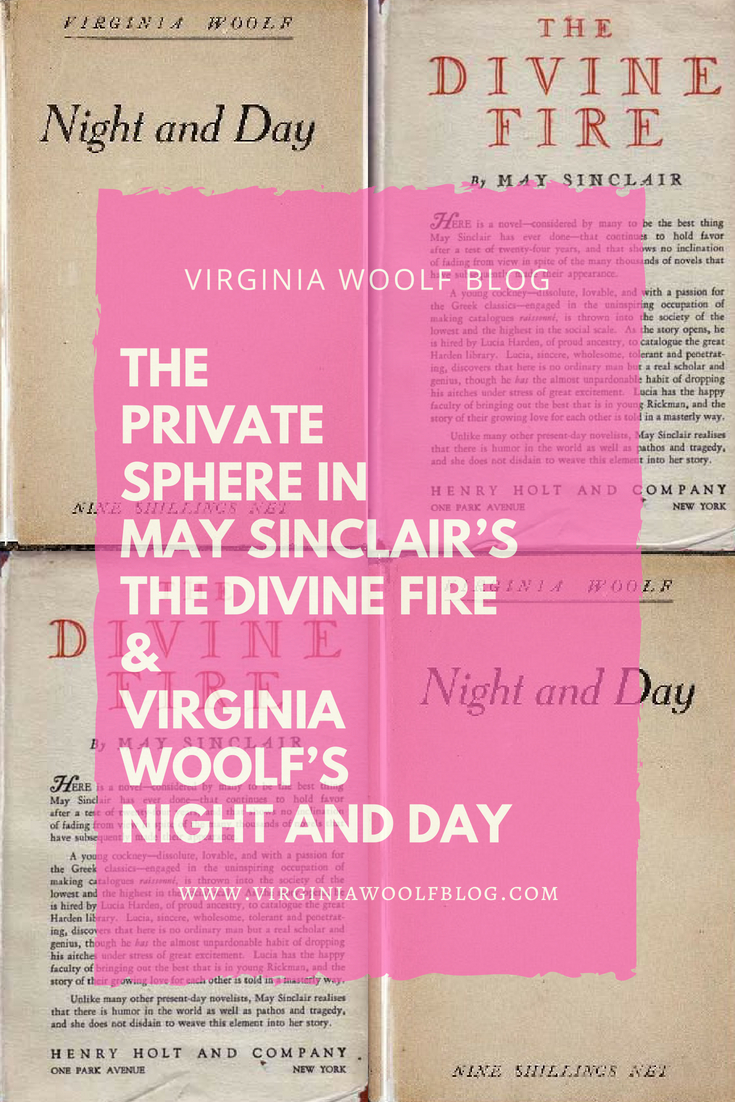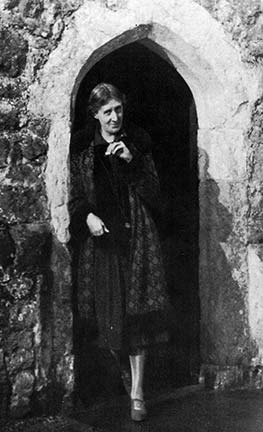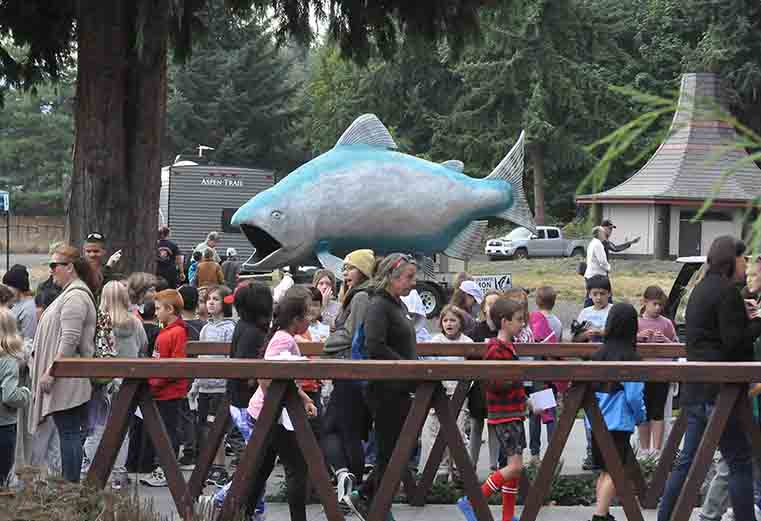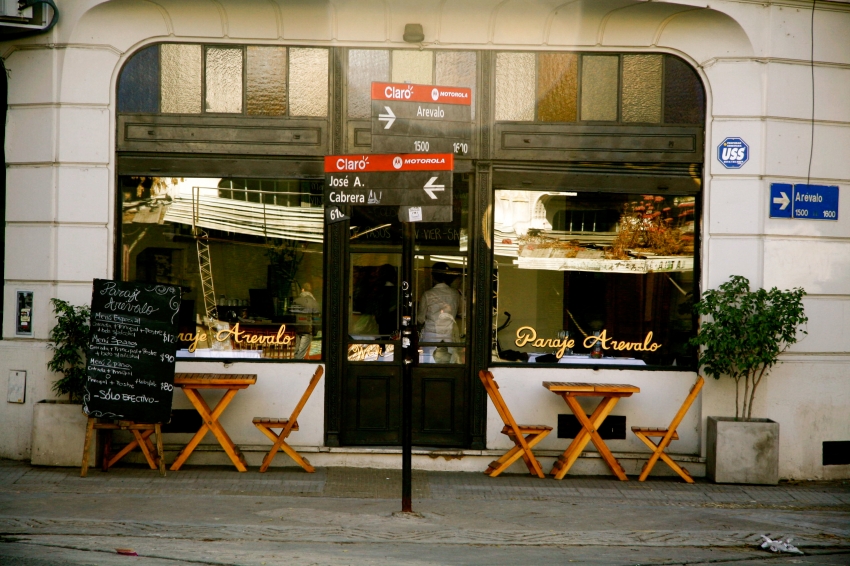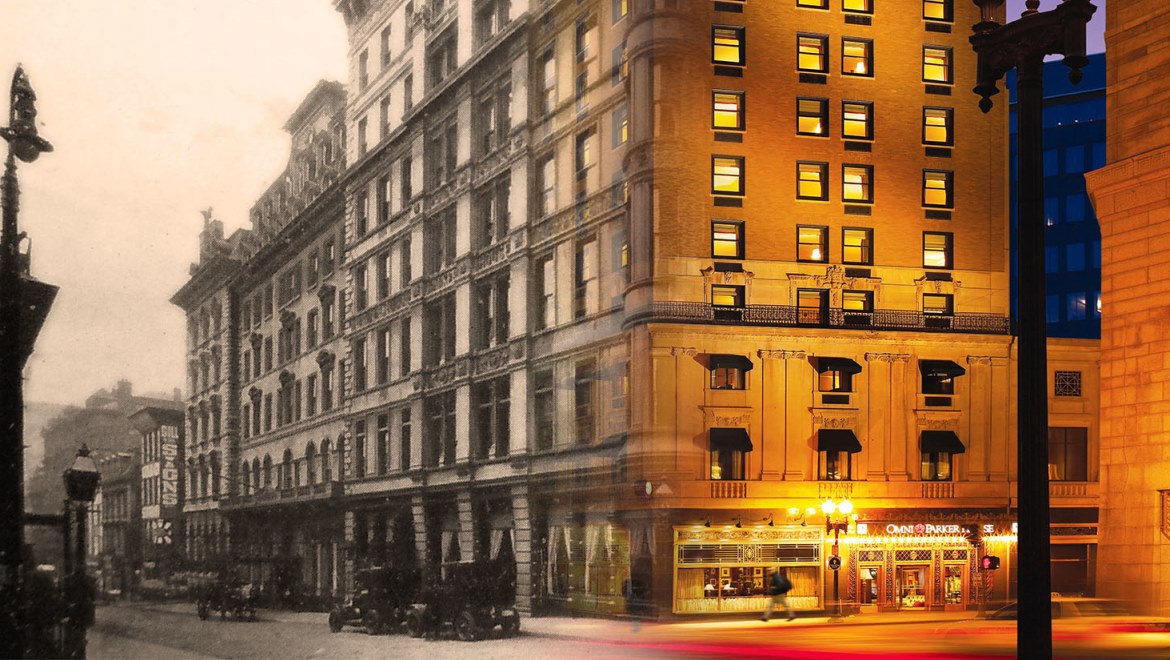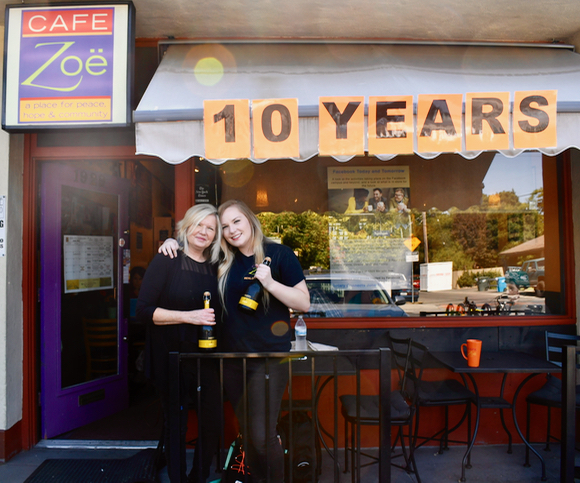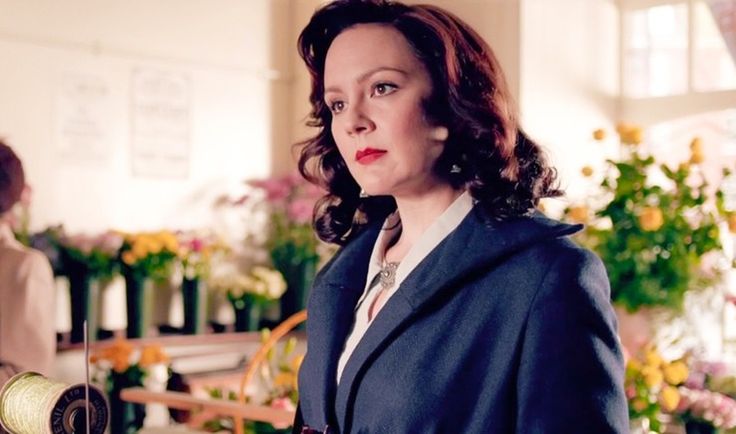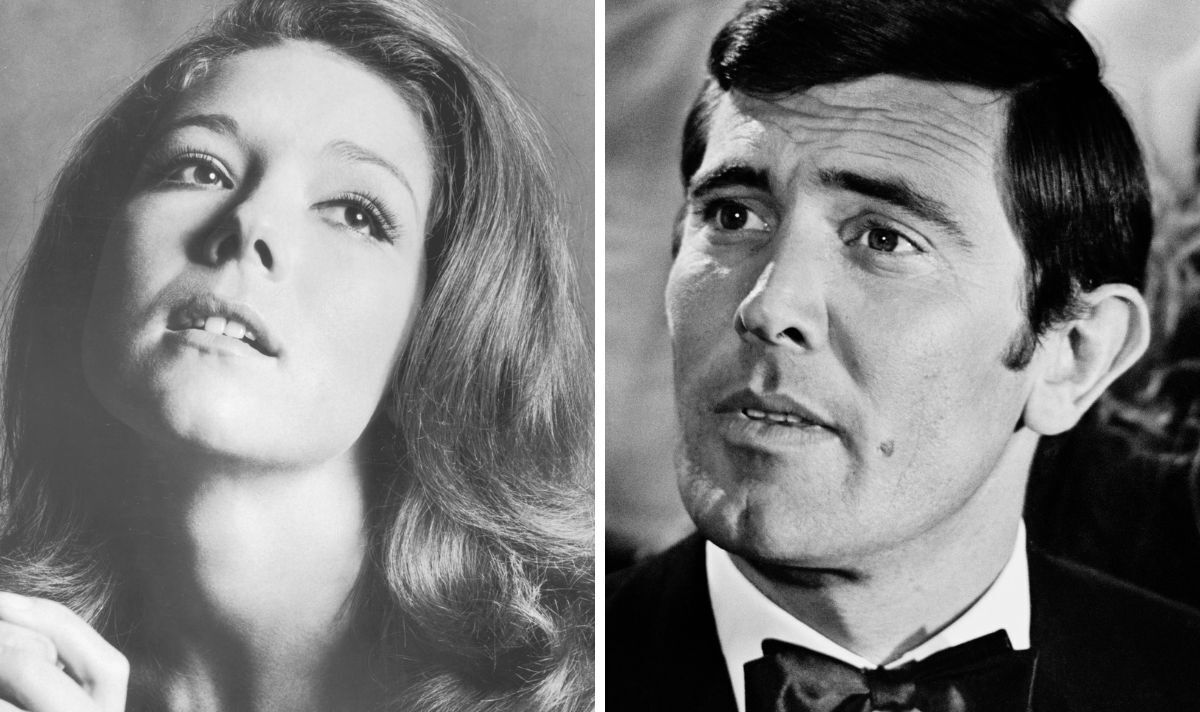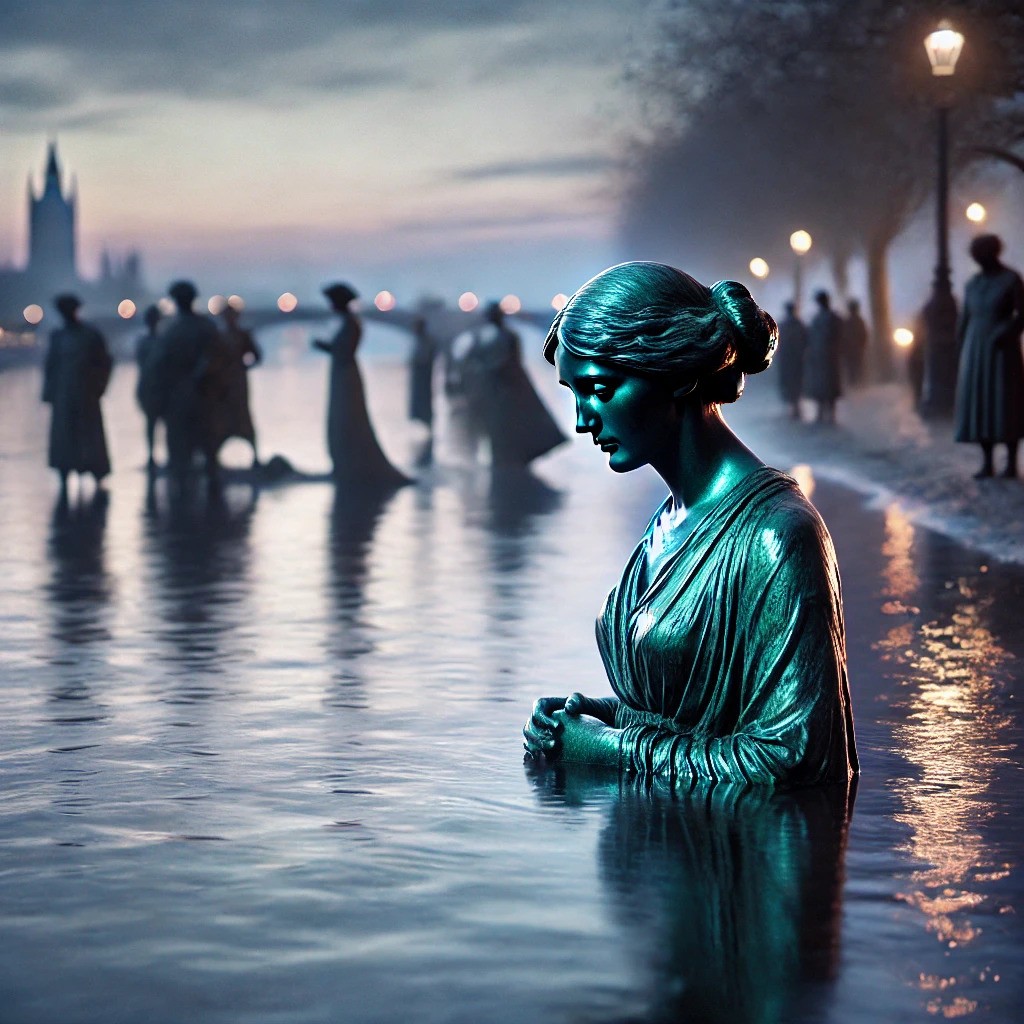
After the press reported Virginia Woolf’s disappearance in early April of 1941 and her death three weeks later, Virginia’s husband, Leonard Woolf, received an outpouring of condolence letters from not only friends and family but also the general public.
People from all over the world, including a German prisoner of war, Jewish refugees, soldiers, conscientious objectors, fans in America, Canada and Australia as well as others who were suffering from mental illness themselves or had lost loved ones to suicide, sent Leonard condolence letters offering their support and sympathy.
Leonard saved each letter, which were published in a book titled Afterwards: Letters on the Death of Virginia Woolf in 2005.
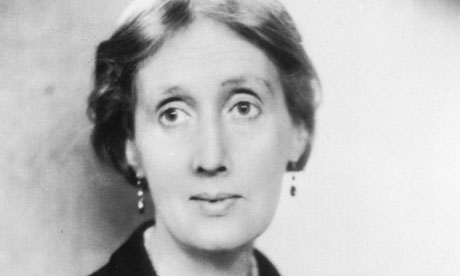
One of the letters, from a soldier at Wharncliffe War Hospital in Sheffield, offered Leonard his sympathy and insight into mental illness and suicide:
“21 May, 1941, Dear Sir, I do not know you, but please accept my deepest sympathy, in your recent bereavement. Like your wife, I suffer the same, it is hard to try and smile, or even break into conversation, with anyone, one only wants to be left alone…I realise what your poor wife must have been through myself, I feel that it is the best thing, then one does not get in the way.”
An anonymous and unsigned letter dated April 21, just two days after her death was announced, tells Leonard that Virginia’s guardian angel led her away but her spirit remains with him. Yet another anonymous letter from a fan who learned to speak English from her books states:
“Dear Sir, I am unknown to you and would like to remain so. I have to use a language which I have not yet mastered…And, whatever as a foreigner I learned of English I thank to her. The beauty and subtleness of her language simply struck me…Allow me to express my deep feelings of sympathy”
Novelist Maud Allen, who had never met Virginia but admired her work, also sent her condolences after hearing Virginia was missing and presumed dead:
“4 April, 1941, Dear Mr. Woolf, Since yesterday morning I have had such a feeling of mourning. We shall not have any more of her exquisite writing, we have had it all now…The greatest of our artists – that is what she was…And that makes me want to write and send you my sympathy and gratitude for your part in her and her work. How much she did to kindle “the light in the heart” – because it was in hers.”
The letters demonstrate the profound effect Virginia had on others. Virginia’s work inspired people and made them feel such a connection to her that, when she died, they felt compelled to confess their love for her and comfort Leonard in his time of need, despite the fact that they had never met either of them.
Not all of the reactions to her death were sympathetic, though. Virginia’s great niece, Virginia Nicholson, stated in an 2011 interview with The Telegraph that Virginia’s well-documented struggle with mental illness and her suicide branded her the “local madwoman” in the area of Lewes, where she lived, and prompted Nicholson to hide her connection to Virginia:
“She [Virginia Woolf] was very high-profile when I was young. My parents lived near Lewes, very close to where she had lived. She was the local madwoman. The father – or was it the uncle? – of a boy in my class had fished her out of the river, so I spent a lot of time hiding the association.”
After Virginia Woolf’s suicide note was misquoted in several newspapers and the local coroner suggested her suicide was prompted by the ongoing war with Germany, a local woman from Lincoln, named Kathleen Hicks, even sent a letter to the editor of The Sunday Times, criticizing Virginia for taking her own life:
“Where are our ideals of love and faith? And where shall we all be if we listen to and sympathise with this sort of ‘I cannot carry on’?”
Although, it is now known that Virginia’s mental illness is what caused her death, not WWII, Virginia has still since been branded a sad, melancholy figure as a result of her tragic suicide.
Sources:
Jardine, Cassandra. “Virginia Nicholson Heroines on the Home Front.” The Telegraph, May 2011, www.telegraph.co.uk/culture/hay-festival/8536370/Virginia-Nicholson-at-Hay-Festival-Heroines-on-the-home-front.html
Afterwords: Letters on the Death of Virginia Woolf. Edited by Sybil Oldfield. Rutgers University Press, 2005.

